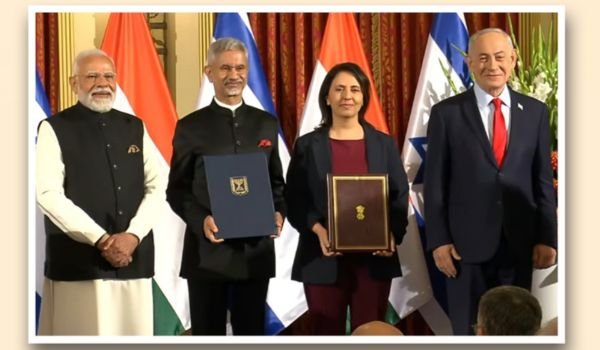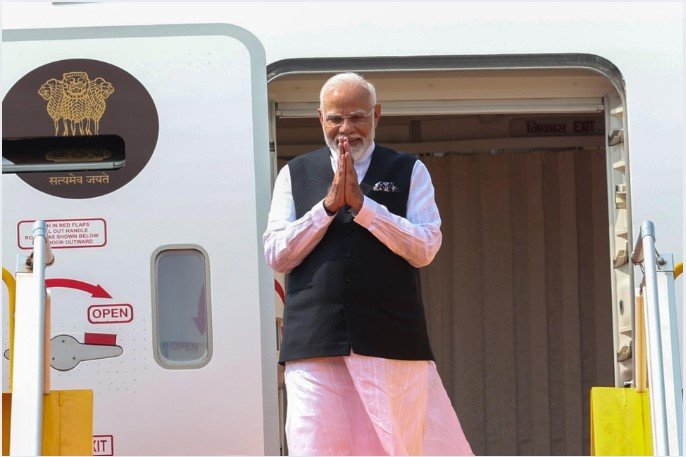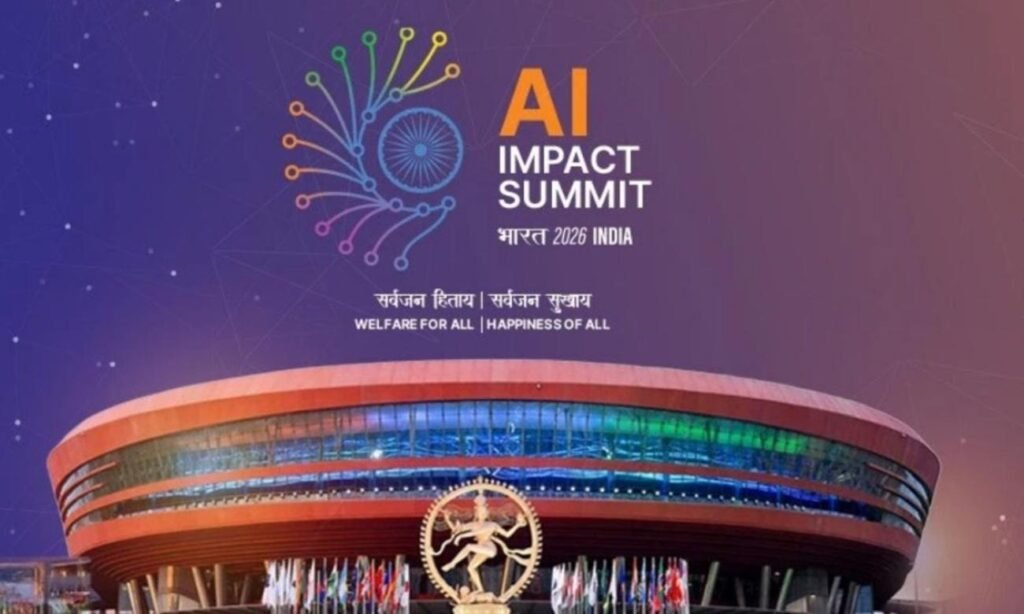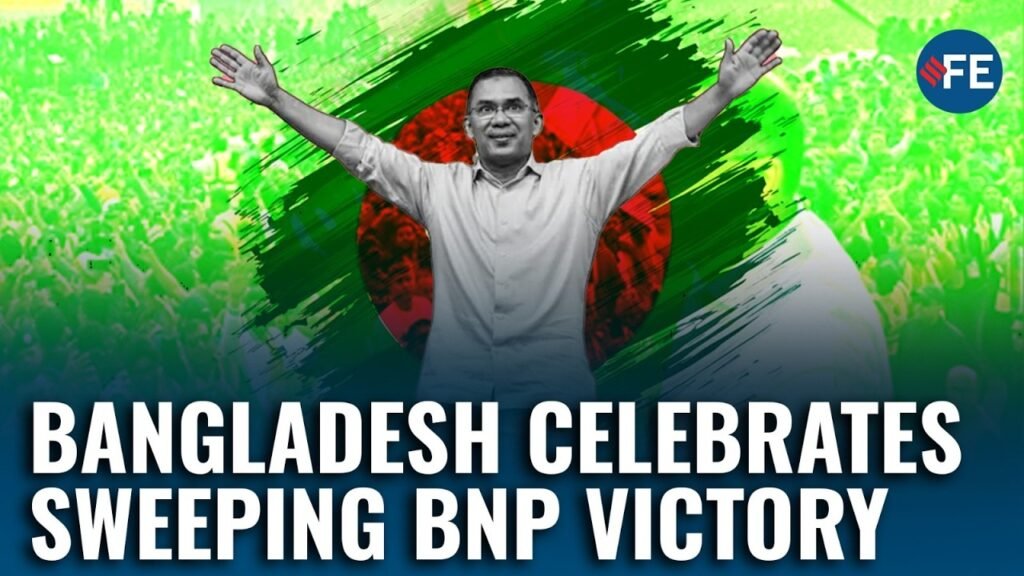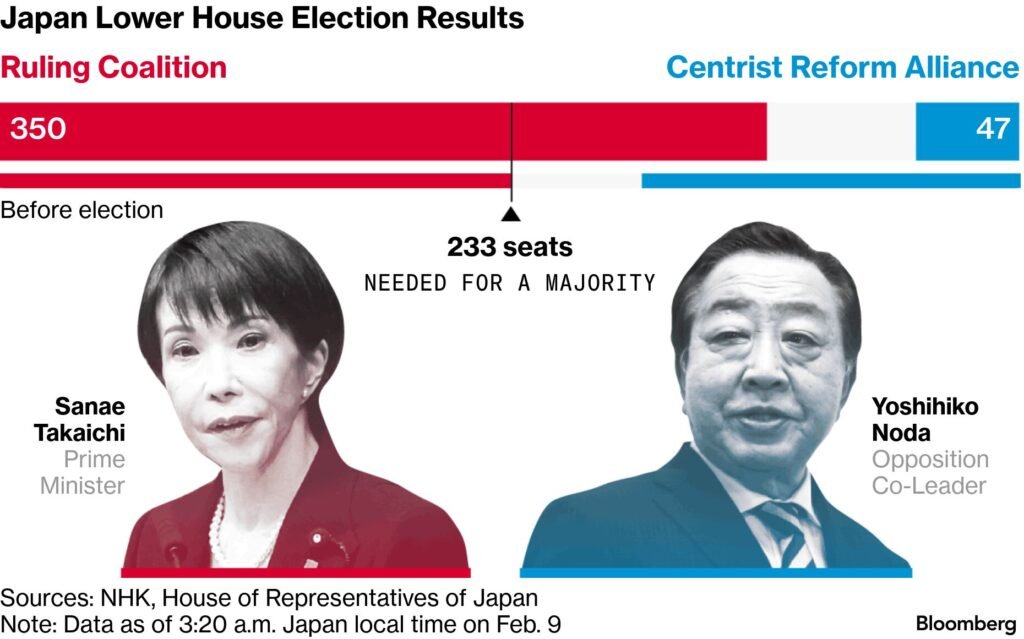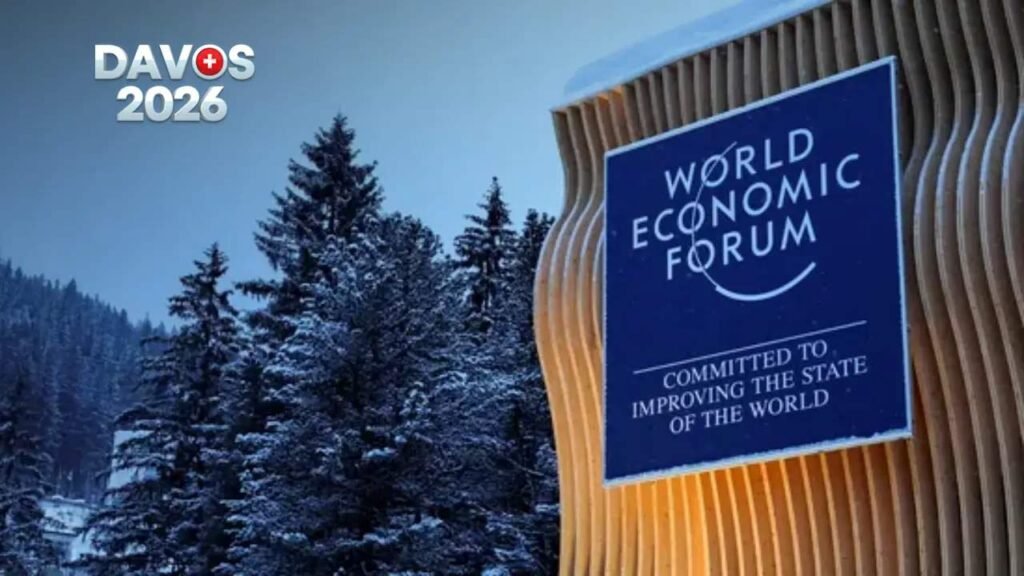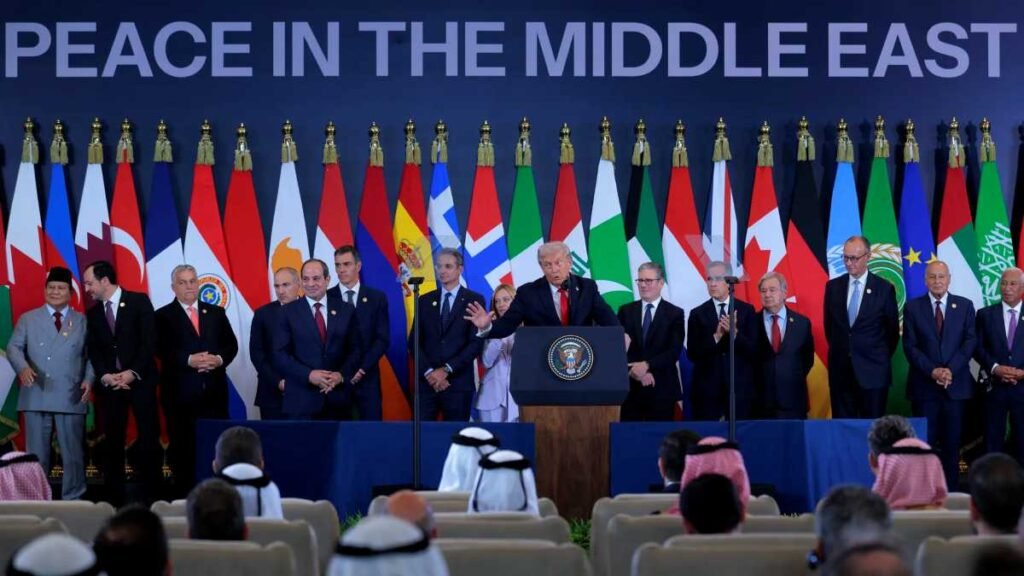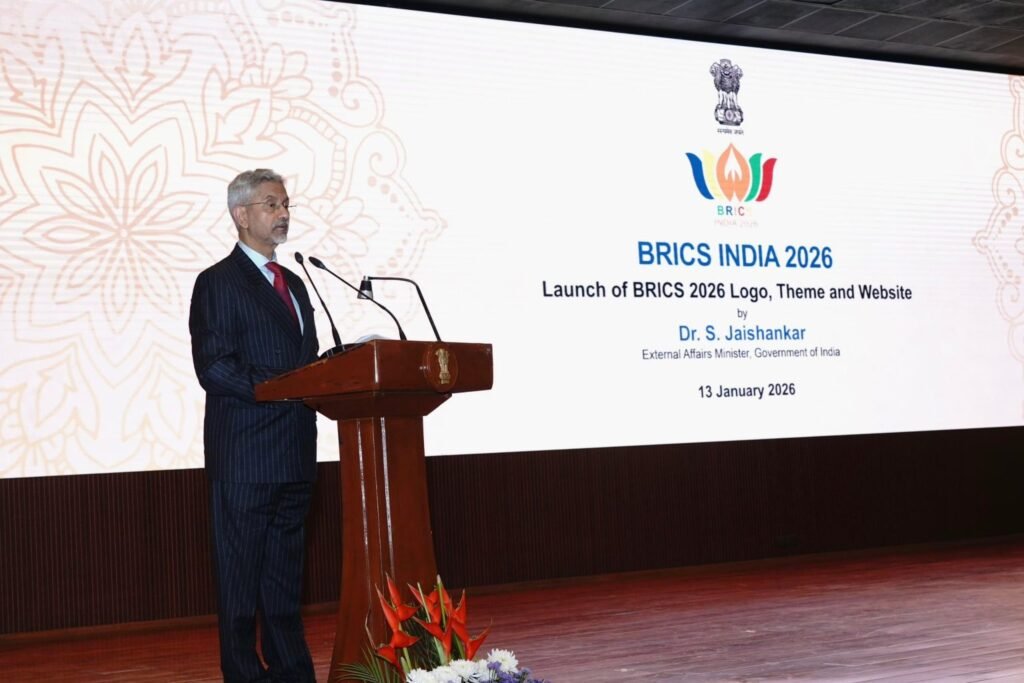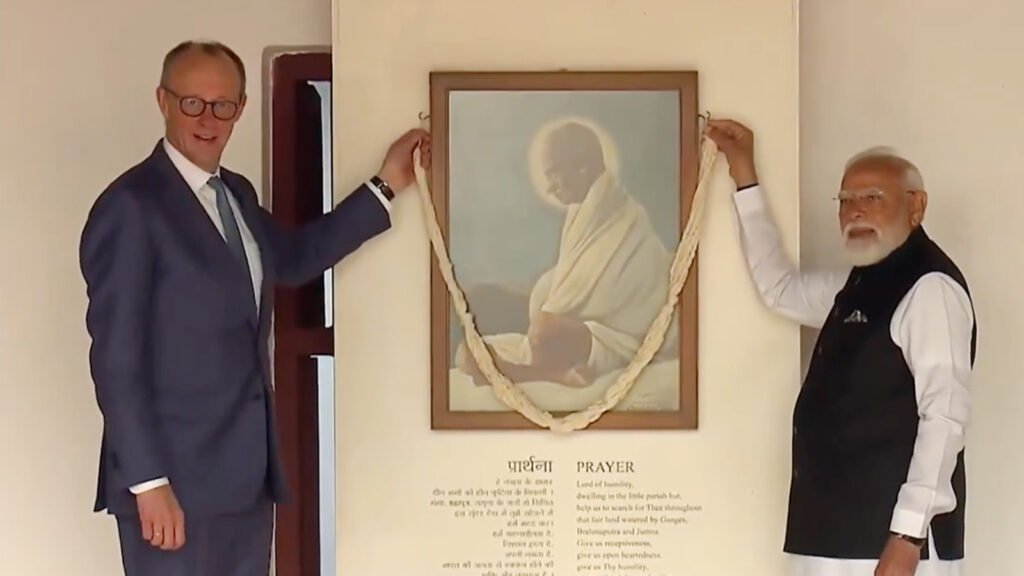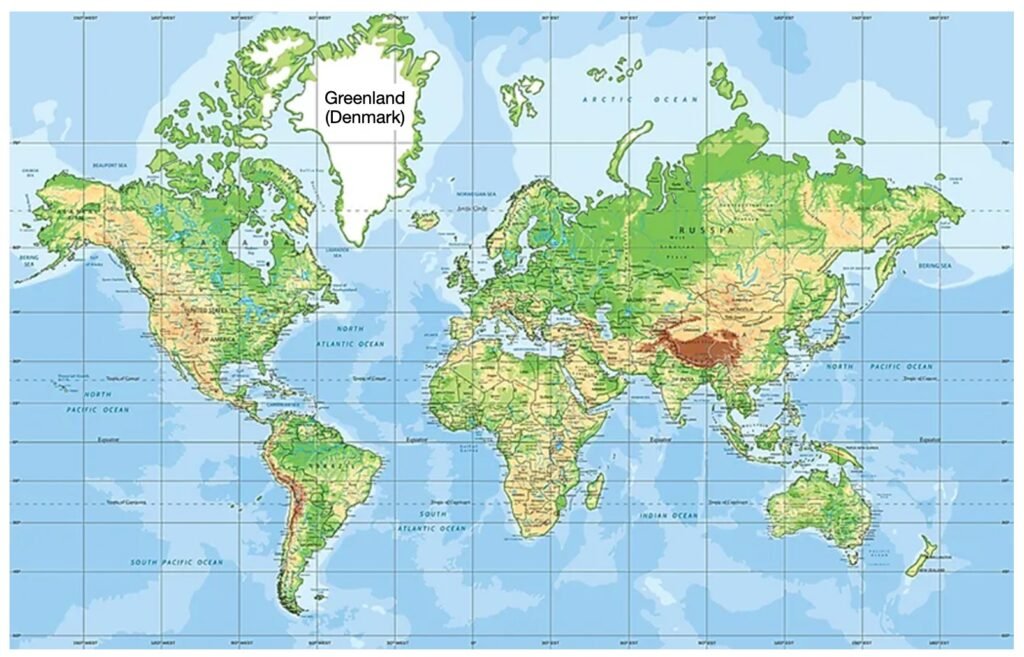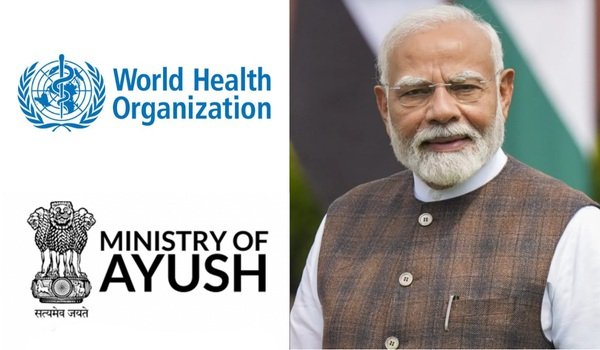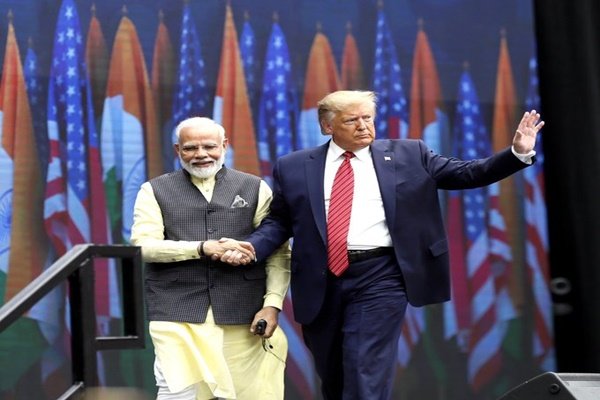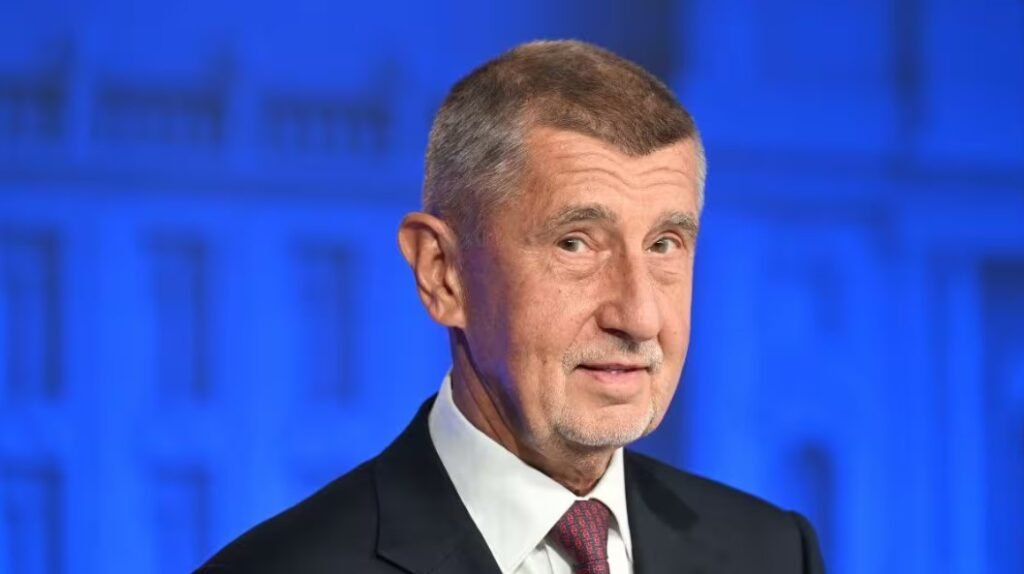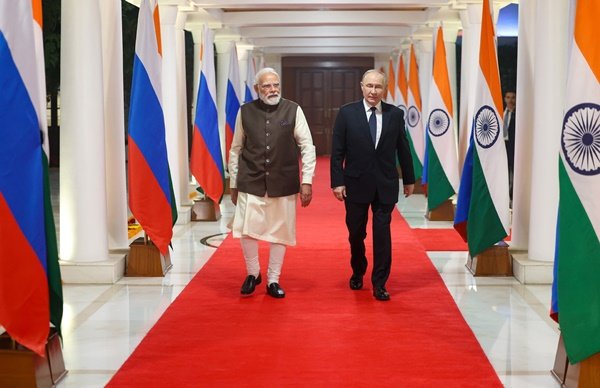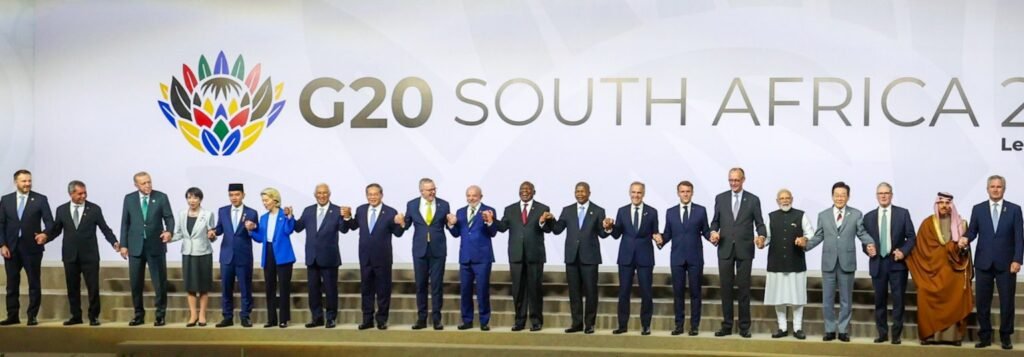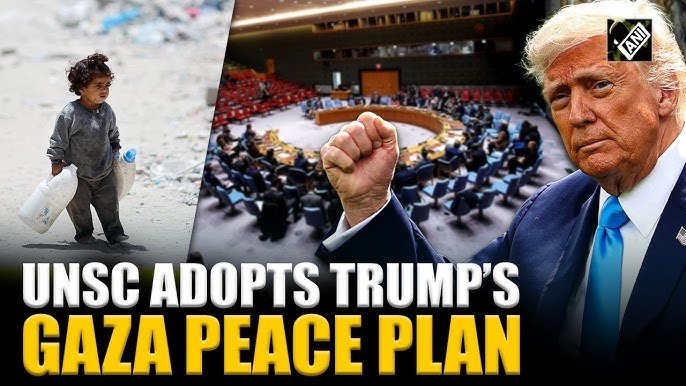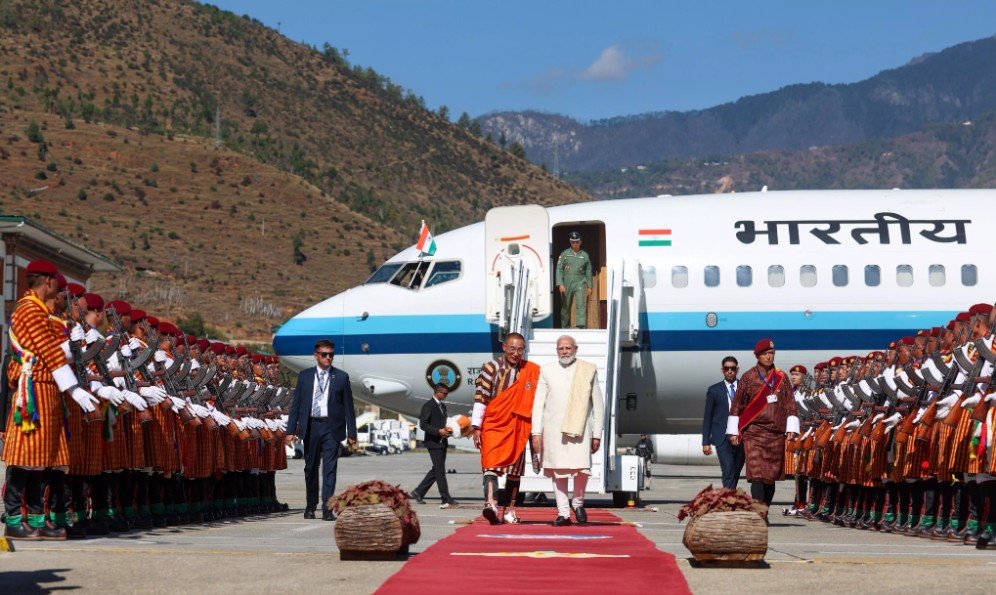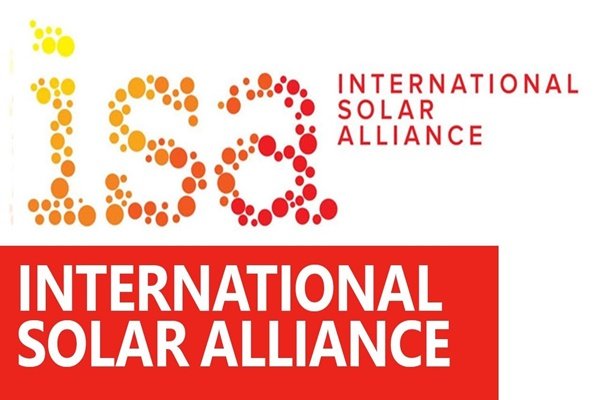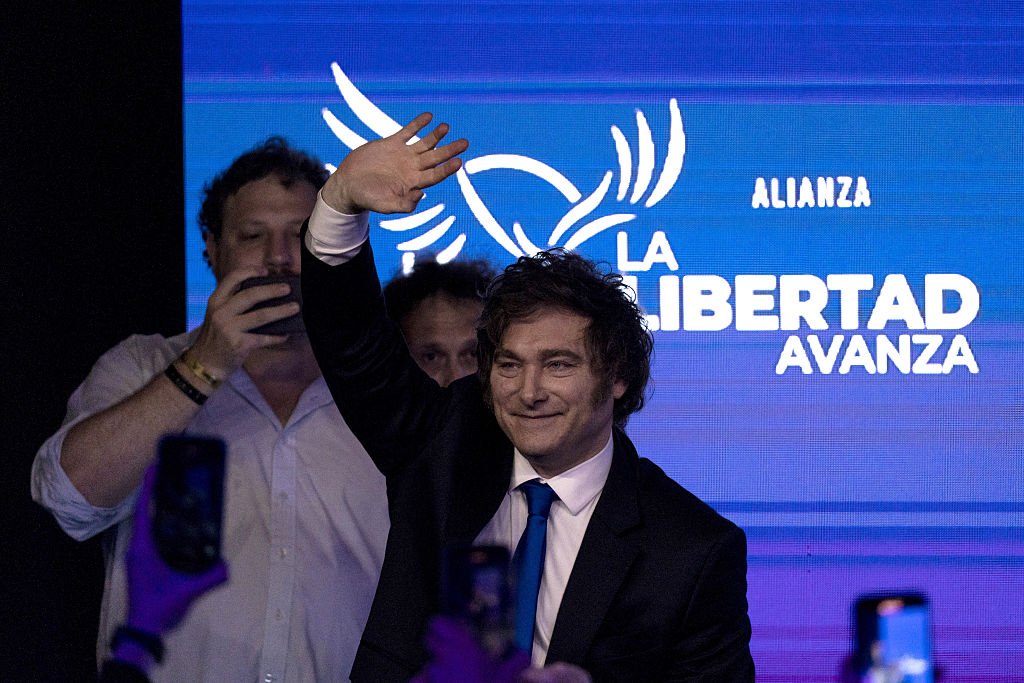India and Israel Sign 16 MoUs to Strengthen Strategic Partnership
During Prime Minister Narendra Modi’s state visit to Israel on 25–26 February 2026, India and Israel elevated their ties to a Special Strategic Partnership and signed 16 Memoranda of Understanding (MoUs) across diverse sectors. This marks a significant expansion of cooperation between the two nations.
Key Areas of Collaboration
| Sector | Details of MoUs |
|---|---|
| Artificial Intelligence & Cybersecurity | Joint research, innovation hubs, and cybersecurity frameworks to protect digital infrastructure. |
| Agriculture | Technology transfer for water-efficient farming, precision agriculture, and desert farming techniques. |
| Fintech & Digital Payments | UPI linkage pact enabling smoother cross-border transactions and financial cooperation. |
| Education & Research | Exchange programs, joint academic research, and scholarships to strengthen knowledge partnerships. |
| Defense & Technology | Agreements on co-development and manufacturing of advanced weapons systems through technology transfer. |
| Trade & Commerce | Steps toward finalizing a bilateral trade deal, enhancing market access and investment opportunities. |
| Maritime Heritage & Innovation | Collaboration on maritime archaeology, heritage preservation, and innovation-driven projects. |
Strategic Significance
- Defense Cooperation: Joint development of weapons and technology transfer strengthens India’s defense modernization.
- Economic Growth: The trade deal and fintech collaboration open new avenues for bilateral commerce.
- Innovation Partnership: AI, cybersecurity, and education MoUs highlight a shared vision of technological leadership.
- Agricultural Sustainability: Israel’s expertise in desert farming and water management will support India’s food security goals.
India and Israel’s latest agreements reflect a deepening partnership rooted in innovation, security, and shared prosperity. This builds on earlier milestones—Modi’s 2017 visit to Israel and Netanyahu’s 2018 visit to India—which laid the foundation for today’s expanded cooperation.
Q. During Prime Minister Narendra Modi’s state visit to Israel in February 2026, India and Israel elevated their bilateral relationship to which of the following?
A. Comprehensive Economic Partnership
B. Strategic Defense Alliance
C. Special Strategic Partnership
D. Global Innovation Partnership
Answer: C. Special Strategic Partnership
During Prime Minister Narendra Modi’s state visit to Israel on 25–26 February 2026, India and Israel elevated their ties to a Special Strategic Partnership and signed 16 Memoranda of Understanding (MoUs) across diverse sectors.
